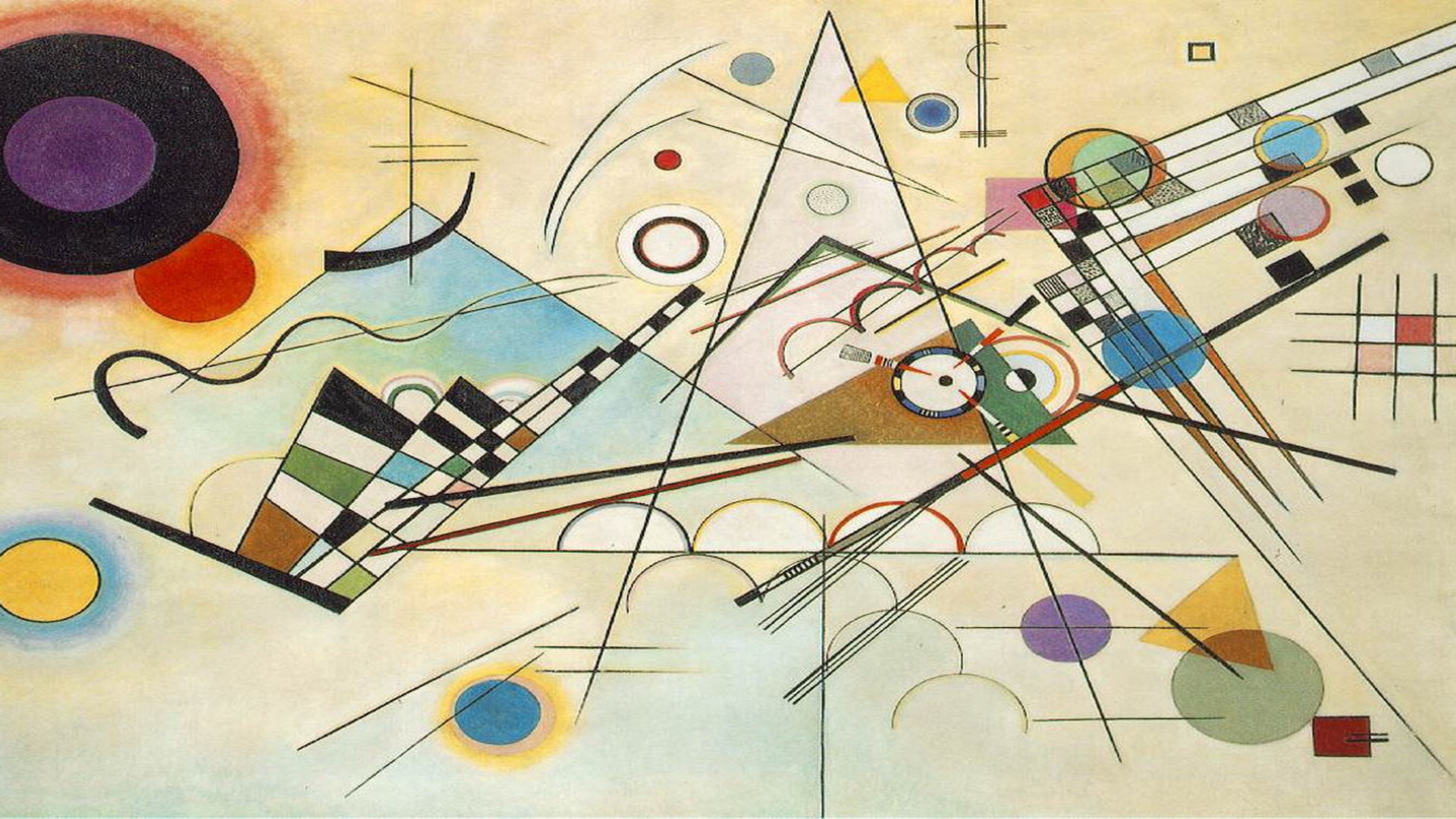
Louis B. Rosenberg
Tweetstorm
I saw the best minds of my generation reduced to
hashtags, glassy eyed and necks bent,
dragging themselves through tweetstorms at dawn
hoping for a viral post,
fast-fingered influencers trolling for a fleeting fix of
followers on scrolling screens in the glowing
machinery of distraction,
who spew selfish selfies and caustic comments and
brigade down digital streets with clenched fists
while hiding behind a million miles of anonymity,
who howl with joy when snagging 50,000 likety-likes on
an early morning post while sitting on sweaty toilets
genitals hanging, fingers banging, phones in hand,
who share sacred lies and flagrant falsehoods and gaslit
exaggerations by the billion, yacketayakking
amid shocks of un-friendings and un-followings,
who cling to petty affirmations from the thumbs of like-minded
clickity-clickers who tweet the same angry tweets while
trading righteous vids and dank memes,
who prowl around all day in their underwear in the windowless
basements of their mothers’ townhouses wondering
if they should even get dressed today,
who forget their own passwords but remember their own
names, at least for now, expecting an upgrade to
hit any minute that makes names irrelevant,
who troll the dark-web in search of a smoldering underbelly
of subversion that doesn’t really exist and hasn’t
existed since their parents’ parents filled the streets,
who smugly sell their privacy and liberty for free 2-day delivery
of products they didn’t know they needed until
a well-targeted Facebook Ad punched them in the face,
who lost their minds at the mere threat of a TikTok ban
but rose up with fiery resolve, courageously crafting
very very very snarky tweets and vids and memes,
who watch porn with one hand and tweet with the other,
proudly telling employers they’re good at multitasking
as they pine for the day when they can pump data
straight into their brains for a low monthly fee,
I’m with you Gen X, Y, Z
on Facebook and YouTube and Instagram as we
wake up under dirty sheets and kiss glowing screens
that cough all night and won’t let us sleep
I’m with you on Twitter
and Reddit and Snapchat and Twitch and whatever
other products they tell us to use in our underwear
until they tell us we don’t need underwear
I’m with you on Facebook
and Twitter and Instagram and YouTube feeling good
about my followers and upvotes and retweets and likes
until they tell us there’s something else we’re supposed
to feel good about instead, underwear or not.
—everywhere 2020
_______________
Author’s Comments: “Tweetstorm” is written as a modern satirical take on the classic work “Howl” by Allen Ginsberg. Written in 1954, “Howl” paints a grim portrait of generational disillusionment, sparked by the materialistic and oppressive direction that society was headed back then, addressing themes of conformity and consumerism. The goal for Tweetstorm was to revisit this same feeling of generational disillusionment, but now 65 years later, as the level of materialism and consumerism and conformity have reached extremes that nobody could have imagined back in the 1950’s, as social media has reduced people to tweets and posts and likes and shares, all so other people can be advertised to as efficiently as possible. And looking forward, we can only imagine it getting worse.
Louis B. Rosenberg is the author of three sci-fi graphic novels (Upgrade, Eons, Monkey Room) from Outland Publishing and a pending feature film scheduled for 2022. He is also the screenwriter of the award-winning web-series Lab Rats from Frostbite Pictures. His latest work, Arrival Mind is a picture book for grown-ups about the dangers of artificial intelligence. He is also a longtime technologist and AI researcher who speaks and writes often about the unexpected consequences of new technology.
Editor’s Notes: “Howl” was published as part of Ginsberg’s 1956 collection of poetry titled Howl and Other Poems. Ginsberg began work on “Howl” as early as 1954 and is considered to be one of the great works of American literature. Allen Ginsberg was part of a group of writers known as the Beat Generation, which included Jack Kerouac and William S. Burroughs.
The cover art for the 2015 reprint of the Howl, and Other Poems by Allen Ginsberg is a painting by Wassily Wassilyevich Kandinsky (See https://www.amazon.com/Howl-Other-Poems-Pocket-Poets/dp/1614278199/ which uses his painting “feather”). Since Rosenberg’s poem is modeled to some extent by Ginsberg’s work, the image here is also from the abstract Russian expressionist Kandinsky.

